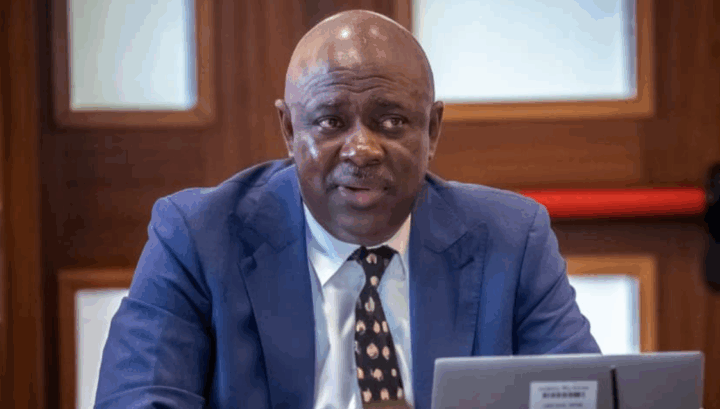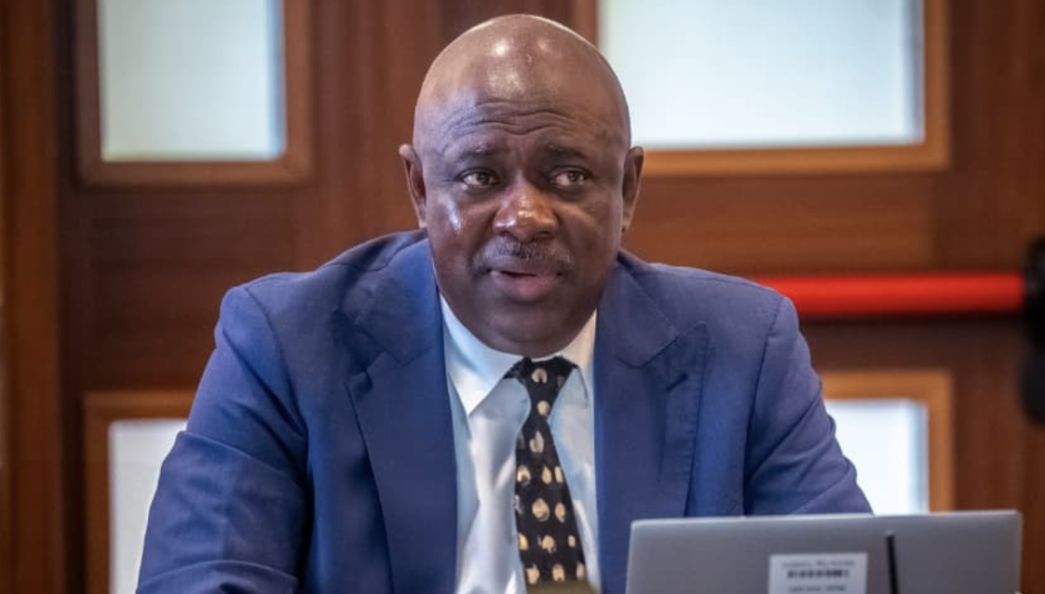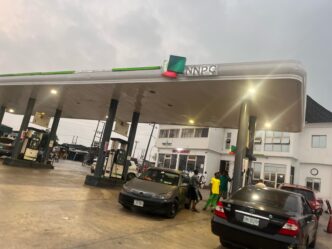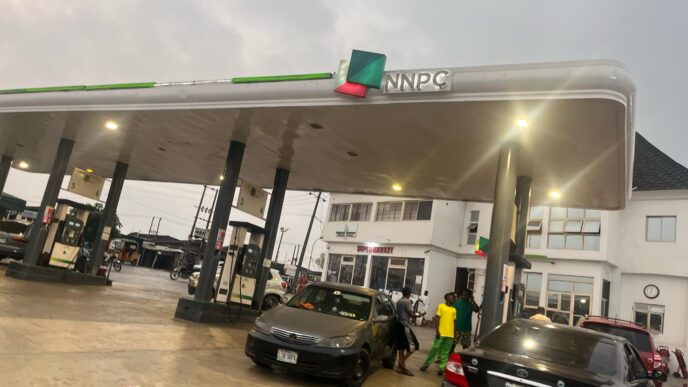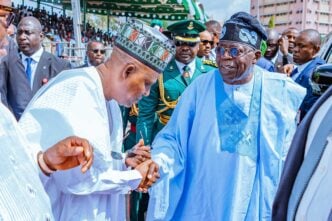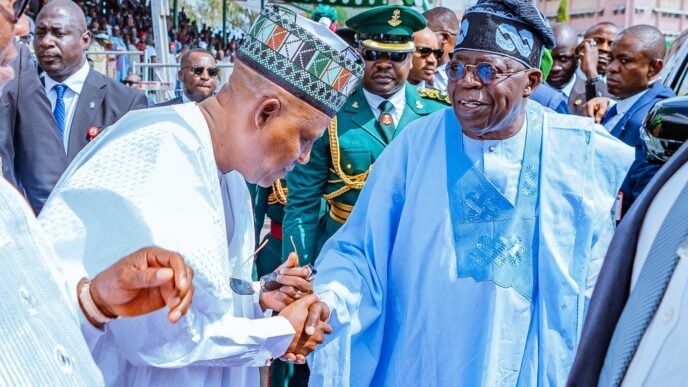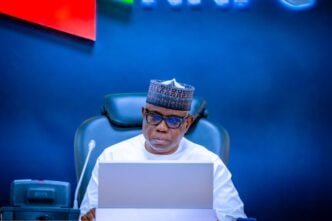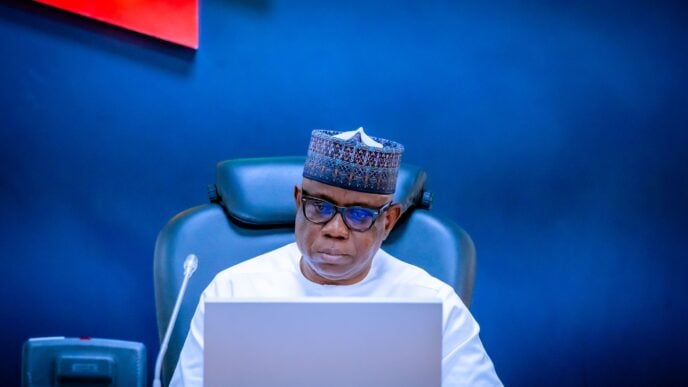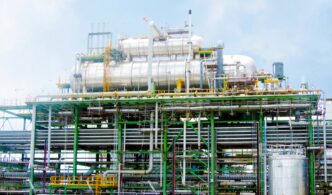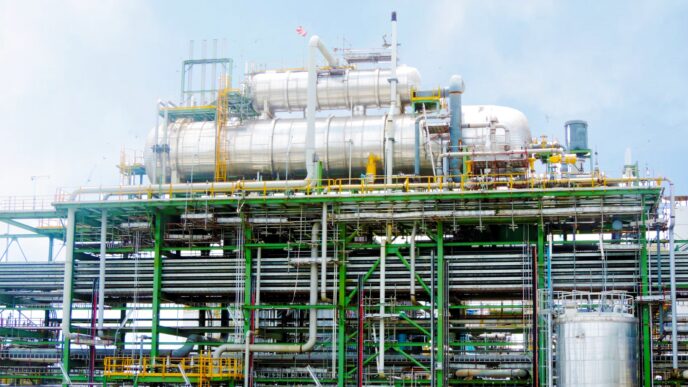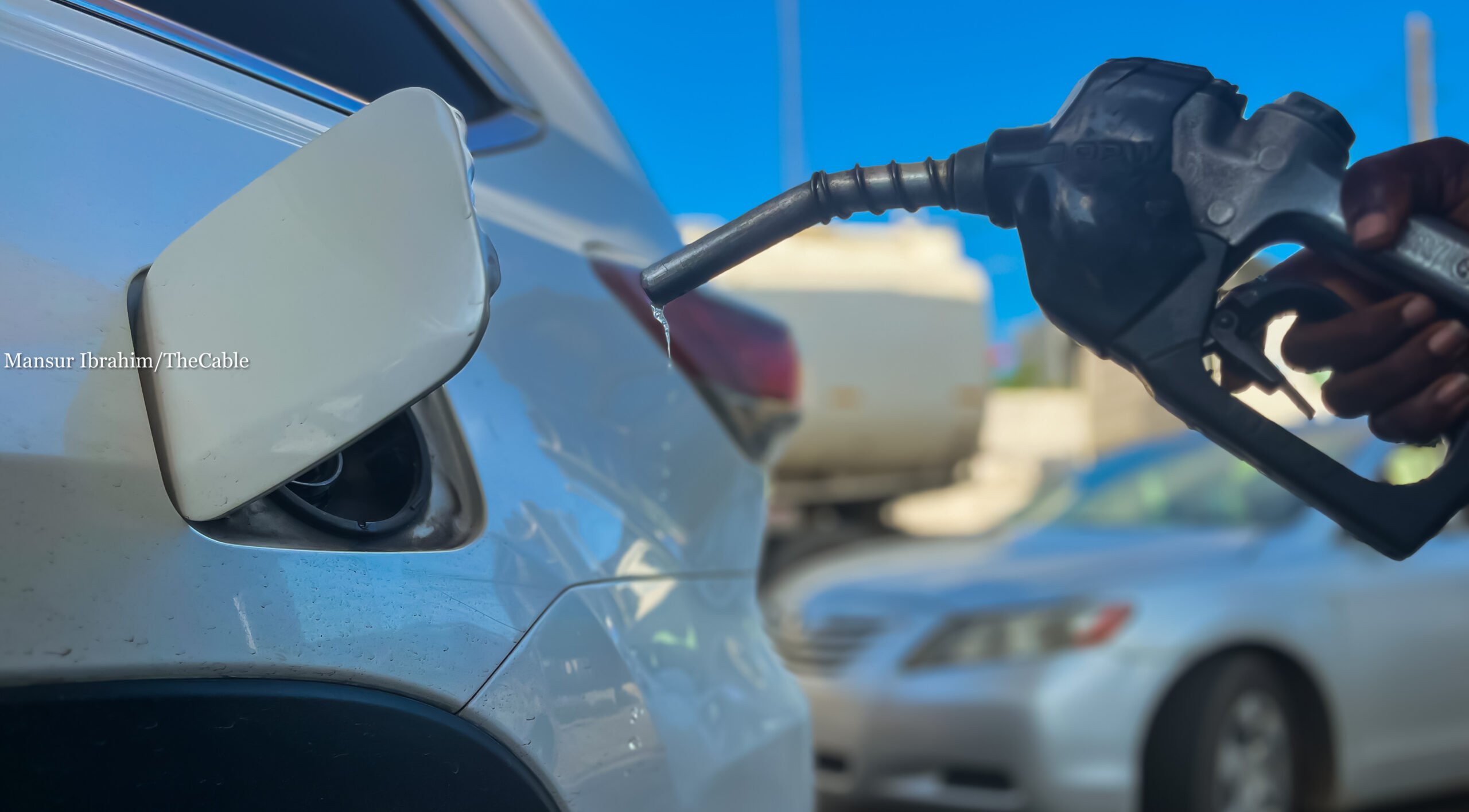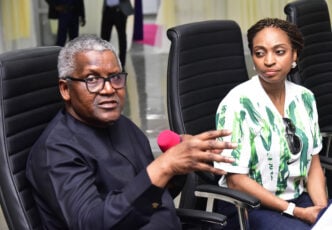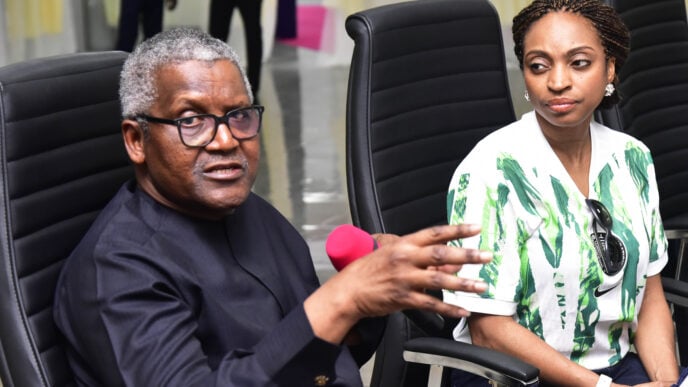Heineken Lokpobiri, minister of state for petroleum resources (oil), says Nigeria’s crude oil production has increased by 80 percent.
Speaking on Tuesday at the West African Refined Products Pricing and Markets Development Conference in Abuja, the minister said the country’s output rose from 1 million barrels per day (bpd) in 2023 to 1.8 million bpd in 2025.
“In Nigeria, our ambition is first of all, to grow the upstream because the midstream and the downstream would not be successful without a successful upstream,” he said.
Lokpobiri said the country is proud of the progress made in the upstream sector.
Advertisement
“You recall that when the president came on board, you know, in 2023, we were barely doing about a million barrels of crude,” the minister said.
“Today we are doing about 1.8 million barrels, inclusive of condensates. That is 80 percent growth whether anybody likes it or not.”
However, he said a large portion of the crude is exported and re-imported as petroleum products, highlighting the lack of value retention on the continent.
Advertisement
“Our own ambition is that we continue to grow our fighting capacity in Nigeria and our ambition is also to ensure that Nigeria becomes the marketing hub for refined products in the shortest possible time,” Lokpobiri said.
“And that is why we give support to our refiners, we give support to our marketers, we give strategic support to the Nigerian Midstream and Downstream Petroleum Regulatory Authority (NMDPRA).
“They are doing an excellent job to ensure that we create the best environment for this seamless trading to happen.”
OJULARI SAYS NNPC IS COMMITTED TO REMOVING STRUCTURAL OBSTACLES
Advertisement
Also speaking, Bayo Ojulari, group chief executive officer (GCEO) of the Nigerian National Petroleum Company (NNPC) Limited, said the company is committed to removing structural obstacles to build a strong foundation for a self-sufficient refining system in Africa.
He said the NNPC aims to drive this transformation through refinery upgrades, equity in the Dangote refinery, condensate projects, and support for third-party initiatives.
“NNPC Ltd stands ready. Ready to co-create, co-invest, and co-lead in building an African refining ecosystem that is inclusive, resilient, and globally competitive,” Ojulari added.
He said infrastructure integration, indigenous ownership, and harmonised policies are critical to downstream reform.
Advertisement
The GCEO said the elements are key to developing a credible African reference market that ensures energy security, reduces reliance on imports, and fuels the continent’s industrial growth.
He urged stakeholders in the refining industry to move from ambition to execution, from national goals to regional collaboration, and from fragmented efforts to large-scale system change.
Advertisement
“Let us build, not just refineries, but a new backbone for Africa’s industrial age. Let us refine, not just crude, but the future of this continent. Let our actions reflect, not just today’s needs, but the enduring aspirations of generations yet unborn,” Ojulari said.
Also, Farouk Ahmed, chief executive officer (CEO) of the Nigerian Midstream and Downstream Petroleum Regulatory Authority (NMDPRA), said 69 percent of the fuel supplied in West Africa is imported.
Advertisement
He said the region still depends heavily on external sources, with imports making up 1.44 million metric tons of the 2.05 million metric tons of fuel traded monthly.
“Our 2025 statistical data for fuel supply in the West African region reveals that 2.05 million MT per month of gasoline is being traded, consisting of 1.44 million MT (69 per cent) imports and 0.61 million MT (31 per cent) refinery contribution from the region,” Ahmed said.
Advertisement
He said regional refining capacity has improved in countries such as Nigeria, Ghana, Niger, Senegal, and Côte d’Ivoire, reaching 1.33 million barrels per day.
Ahmed said despite West Africa’s role as a significant hydrocarbon producer and emerging refining hub, the region still relies on posted prices from global reference markets.
The CEO listed the reference markets to include Northwest Europe, US Gulf Coast, Mediterranean, Singapore, and the Arab Gulf for its trading activities.
